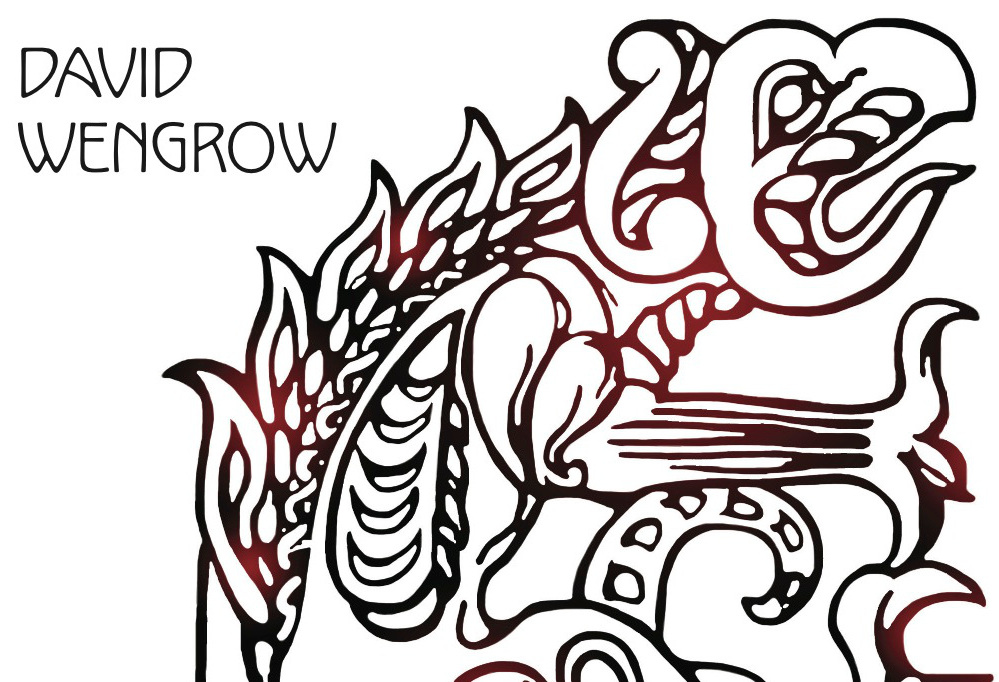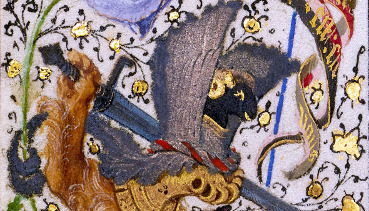‘The Origins of Monsters’ Book Club January 2016
In January 2016, our website has hosted a Book Club devoted to David Wengrow’s book, 'The Origins of Monsters', and organised by Olivier Morin. Comments on all posts remain open, so feel free to
The scope and flavours of cultural attraction theory
Empirical tests of theories of cultural evolution are (relatively) rare. Those using rigorous archeological datasets, even rarer. These reasons alone suffice to make The Origins of Monsters a
The tale of the three-headed snail
David Wengrow opens his fascinating book with a conjecture that he attributes to cultural epidemiologists (not without good reasons): composite animals are “minimally counter-intuitive” and thus,
Can cultural epidemiology explain the cultural evolution of monsters?
I would like to thank the ICCI team for inviting me to take part in the symposium about David Wengrow’s book The Origins of Monsters (hereafter referred to as TOM), which I read with great pleasu
An important contribution – but not an amendment – to cultural epidemiology
In his excellent book, Wengrow argues that animal composites spread because of both cognitive and social-historical factors. The cognitive factors include human preferences for minimally counterint
Your very own monster creation kit
In The Origins of Monsters, David Wengrow tackles a very interesting historical phenomenon: a sudden surge in images of fantastic animals accompanies the rise of urban life in Mesopotamia. In
The Stamped, Sealed and Delivered Riddle of the Sphinx
In the perspective of a deep media history, one of the most exciting points in David Wengrow's great book about the genealogy of composite monsters is the evidence of a link between mechanical
Chimaeras as attractors: Epidemiology and cultural variation
David Wengrow’s brilliant Origins of Monsters is a rare example of an archaeological study that addresses an important "middle-level" causal question (in this case, Why the proliferation of
The Speculative Origins of Monsters
A researcher in the field of cultural evolution - whom I never met in person and who would be probably very surprised of this wildly out-of-context mention - twitted, few weeks ago, that “Impleme
Comment on David Wengrow’s The Origins of Monsters
The attempt to engage with recent developments in evolutionary psychology and neuropsychology has been one of the more distinctive theoretical trends in recent histories and archaeologies of art,
A comment on The Origins of Monsters
The beauty of the epidemiological approach came from its theoretical strength. Its weakness came from the difficulty of demonstrating occurrence in actual, non-historically trivial cases. David
The Origins of Monsters: A Précis
The origins of The Origins of Monsters lie in an interview I conducted more than a decade ago with Maurice Bloch (Wengrow 2003). We were talking about the work of Dan Sperber and Pascal Boyer, and














